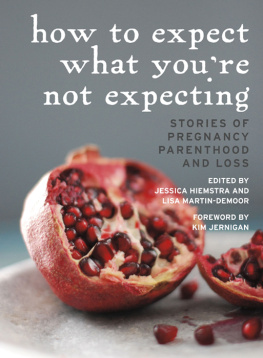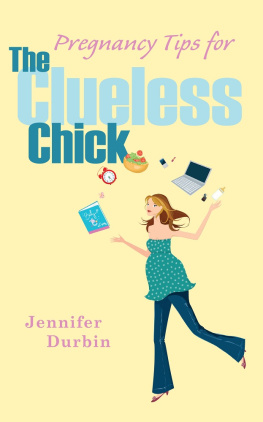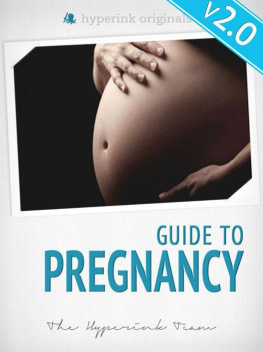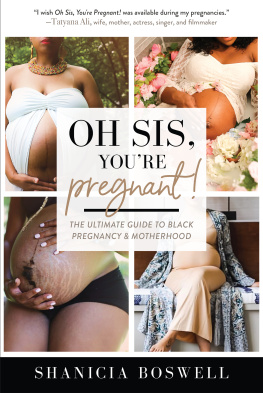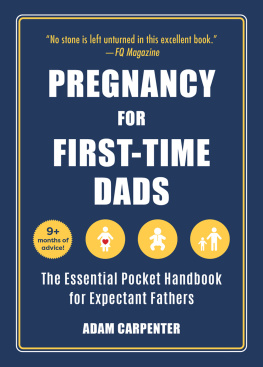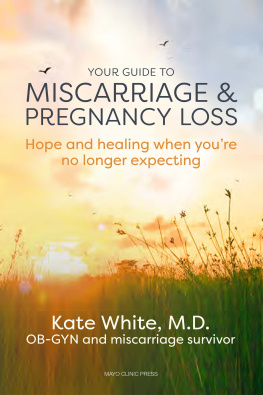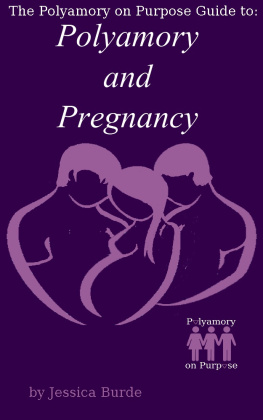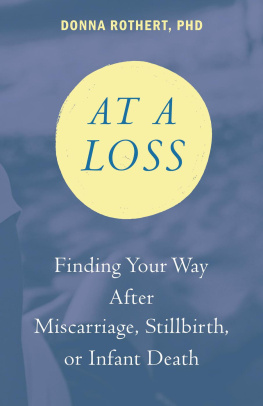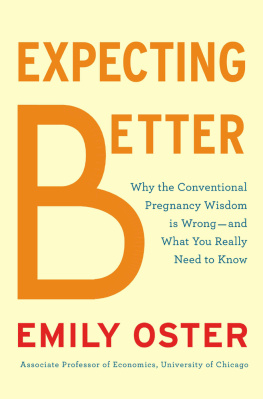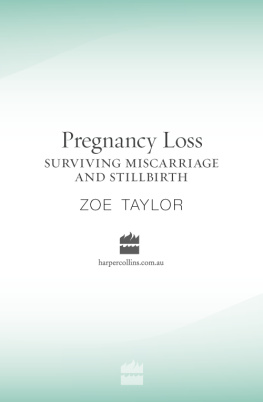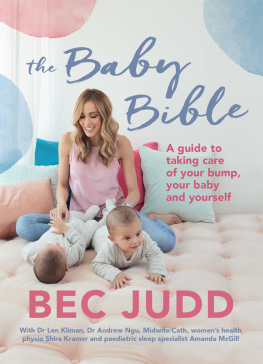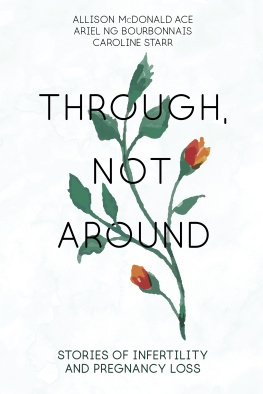Acknowledgments
WE WOULD LIKE TO thank all of our writers, who made this book possible with their lives, their wisdom, and their work.
With thanks to friends, new and old, for believing in this book at key moments: Caroline Andrews. Stephanie Bolster. Fiona Tinwei Lam. Laura Hunse. Janine Hamming. Kim Jernigan. Gail Marlene Schwartz. Susan Scott. Lisa Pasold. Chris Tarry. Jasmina Odor. And, of course, our families. To Jonathan, for the innumerable ways you have made this book possible, and for living with me at the heart of the story all the way through: thank you. And, to all the Martins and DeMoors (extended, hyphenated, etc.) who have believed in and supported this project (and me) along the way: my love and my thanks. Thanks to the Kuyvenhovens, the Hiemstras, and especially the Dierolf family. Rachel and Frederick, you show me all the time how to live honestly and hopefully inside of the unexpected. Yannick is still showing me how to turn the lights on and Hedda is the most beautiful bundle of courage Ive ever had the grace and privilege to hold.
With thanks for publishing our essays in the first place: The Malahat Review and The New Quarterly.
With thanks to our writers whose words weve borrowed for section headingsSadiqa de Meijer, Kevin Bray, Lisa Martin-DeMoor, and Carrie Snyder.
And, not the least, with thanks for taking a risk on this little bookand so many morein an uncertain time: Ruth Linka and TouchWood Editions.
And, to those of you who wanted to write something but werent able, to those who had the courage to submit something that wasnt included, to everyone with a story like this to tell: this book is for you.
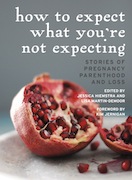
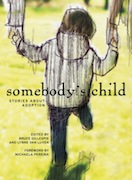
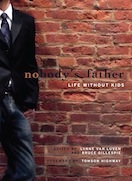
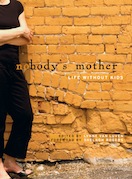
A loosely linked series of anthologies about the twenty-first-century family, How to Expect What Youre Not Expecting, Somebodys Child, Nobodys Mother, and Nobodys Father are essay collections that deal with childbirth, childlessness, and adoption. Together, these four books challenge readers to re-examine traditional definitions of parenthood and family.
One size fits all does not apply to pregnancy and childbirth. Each one is different, unique, and comes with its share of pleasure and pain. But how does one prepare for an unexpected loss of a pregnancy or hoped-for baby? In How to Expect What Youre Not Expecting, writers share their true stories of miscarriage, stillbirth, infertility, and other, related losses. This literary anthology picks up where some pregnancy books end and offers diverse, honest, and moving essays that can prepare and guide women and their families for when the unforeseen happens.
Contributors include Chris Arthur, Kim Aubrey, Janet Baker, Yvonne Blomer, Jennifer Bowering Delisle, Kevin Bray, Erika Connor, Sadiqa de Meijer, Jessica Hiemstra, Fiona Tinwei Lam, Lisa Martin-DeMoor, Lorri Neilsen Glenn, Susan Olding, Laura Rock, Gail Marlene Schwartz, Maureen Scott Harris, Carrie Snyder, Cathy Stonehouse, and Chris Tarry.
The fourth book in a loosely linked series of anthologies about the twenty-first-century family, How to Expect What Youre Not Expecting follows Somebodys Child, Nobodys Mother, and Nobodys Father, essay collections about adoption and childless adults. Together, these four books challenge readers to re-examine traditional definitions of the concept of family.

Largo, Lento, Grave
CHRIS TARRY
ACCELERANDO
(quickly, and with excitement)
My wife Michelle and I decided to have a baby while driving home from a late-night party in New Jersey. Wed spent the evening cooing over a friends slightly bizarre-looking three-week-old. Do they always look like aliens? I asked.
They come cuter than that, Michelle said.
I want seventy-five percent cuter, I said. We talked like that in those days. Like we could order a baby from the back of the New Yorker.
It was June 2009 and wed been married three years. Michelle worked for a large clothing manufacturer in their legal department, and I was a working musicianconstantly on the road. Along with work, Michelle had gone back to school part-time for a masters degree in international economics, and she was nearly finished. Shed suffered through three years of executive work hours and 10:00 PM classes and was in the middle of her thesis. The stress level was high.
I want to make you the only pregnant girl in class, I told her as we pointed the Subaru over the George Washington Bridge toward Brooklyn. She rolled her eyes at me and looked out the window. You do, do ya?
I think were ready, I said, gripping the steering wheel a little tighter. I looked over. Michelle was deep in thought. Shes a quiet thinker. I love that about her.
On the FDR we discussed the babys timingthis was New York after all, the kid needed to be on a schedule. On the Williamsburg Bridge we talked about the colour of the babys room, green it was decided. On the Brooklyn Queens Expressway we came up with names, Zachary for a boy, Chloe if it was a girl. By the time wed parked the car outside our Brooklyn apartment, the decision was made. Michelle leaned over and kissed me. Lets get to it, she said. And we did.
CESURA
(break, stop. i.e., a complete break in sound)
And we did. And we did. And we did. And a year later, still no baby.
If someone had told me how hard it was to get pregnant, I would have stopped buying condoms in my twenties. For me, babies had always meant preventative measures. Take away the prevention, add the thrill of something akin to jumping out of a plane without a parachute, and bam, instant baby.
My understanding of the human reproductive system jumped tenfold that year. I became an expert in all things sperm-and-egg. Id catch myself on gigs telling drummers about ovulation cycles and the latest detection equipment.
They make this new thing, Id tell them. Itll track your wifes cycle and let you know when its the best time to have sex.
Sounds romantic, theyd say.
I became a fathering machine. If the chart said four oclock on a Wednesday was the best time for sex, Id be standing next to the bed naked by three forty-five. If someone told me too much garlic was bad for sperm production, Id eat dry noodles for a month. Michelle became an expert in prenatal vitamins. Folic acid in the mornings, iron and calcium at night. There was prenatal yoga, prenatal spin class, prenatal Pilates, and a book called What to Expect When Youre Expecting. Michelle didnt drink for a year.
And with all of it, the ever-present thesis. School became a ball of stress that attached itself to my wife every night and wouldnt let go. After a year of dry pasta, vitamins, scheduled sex, and the thesis, we were exhausted. Michelle was convinced there was something wrong.
CON ANIMA
(with feeling)
The Internet was telling me that tight underwear killed sperm and Id been a briefs man my whole life. The something wrong was obviously me.

